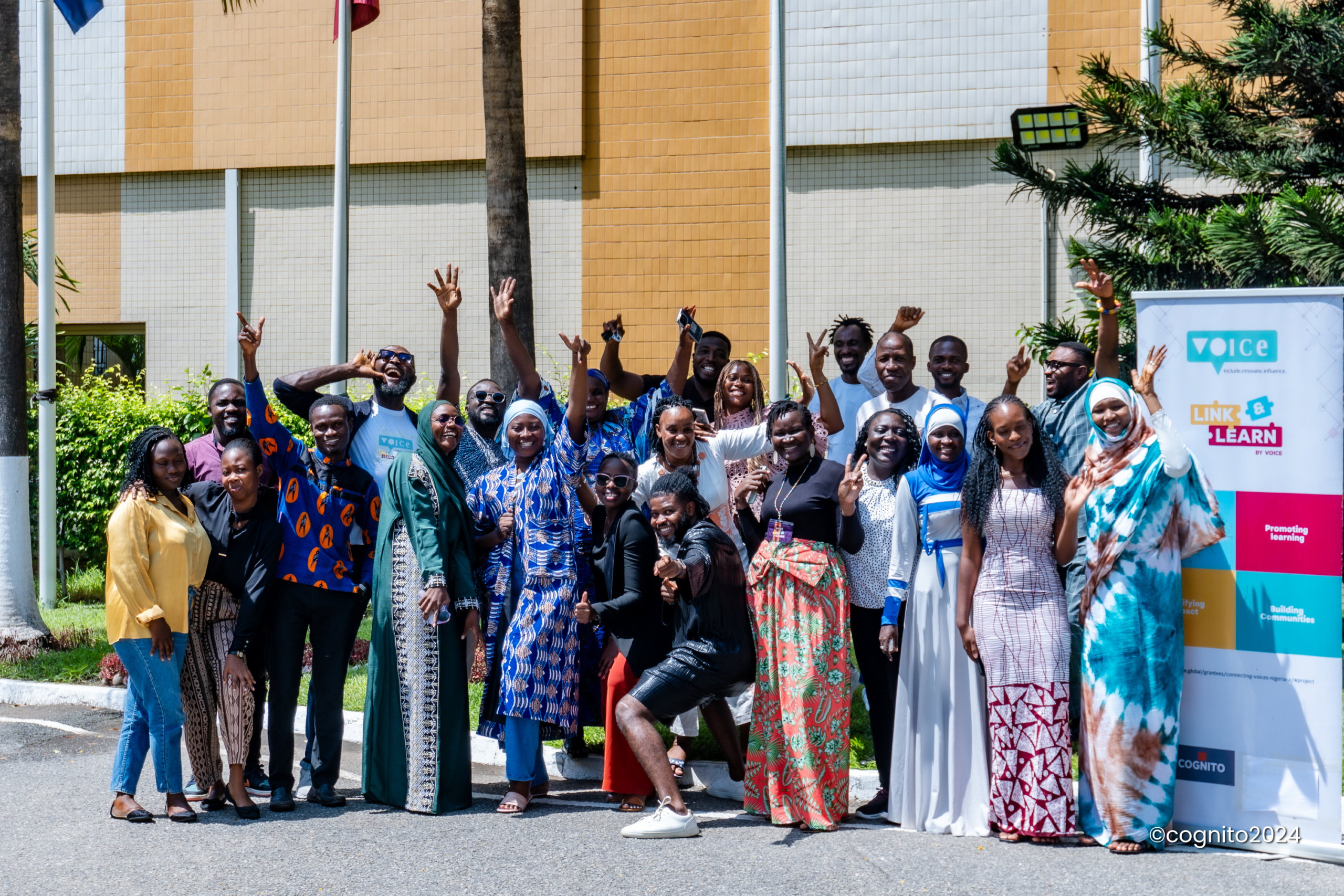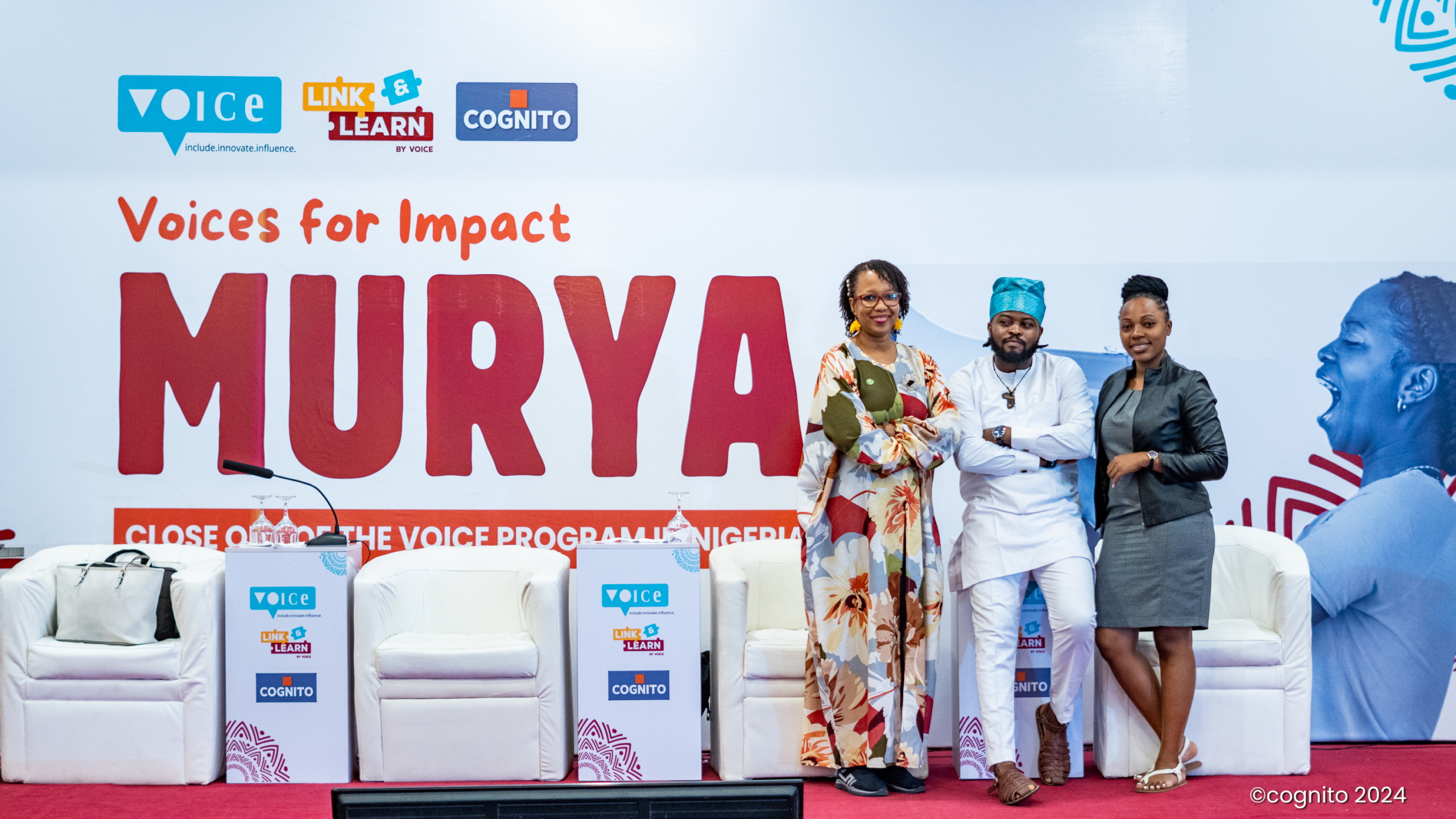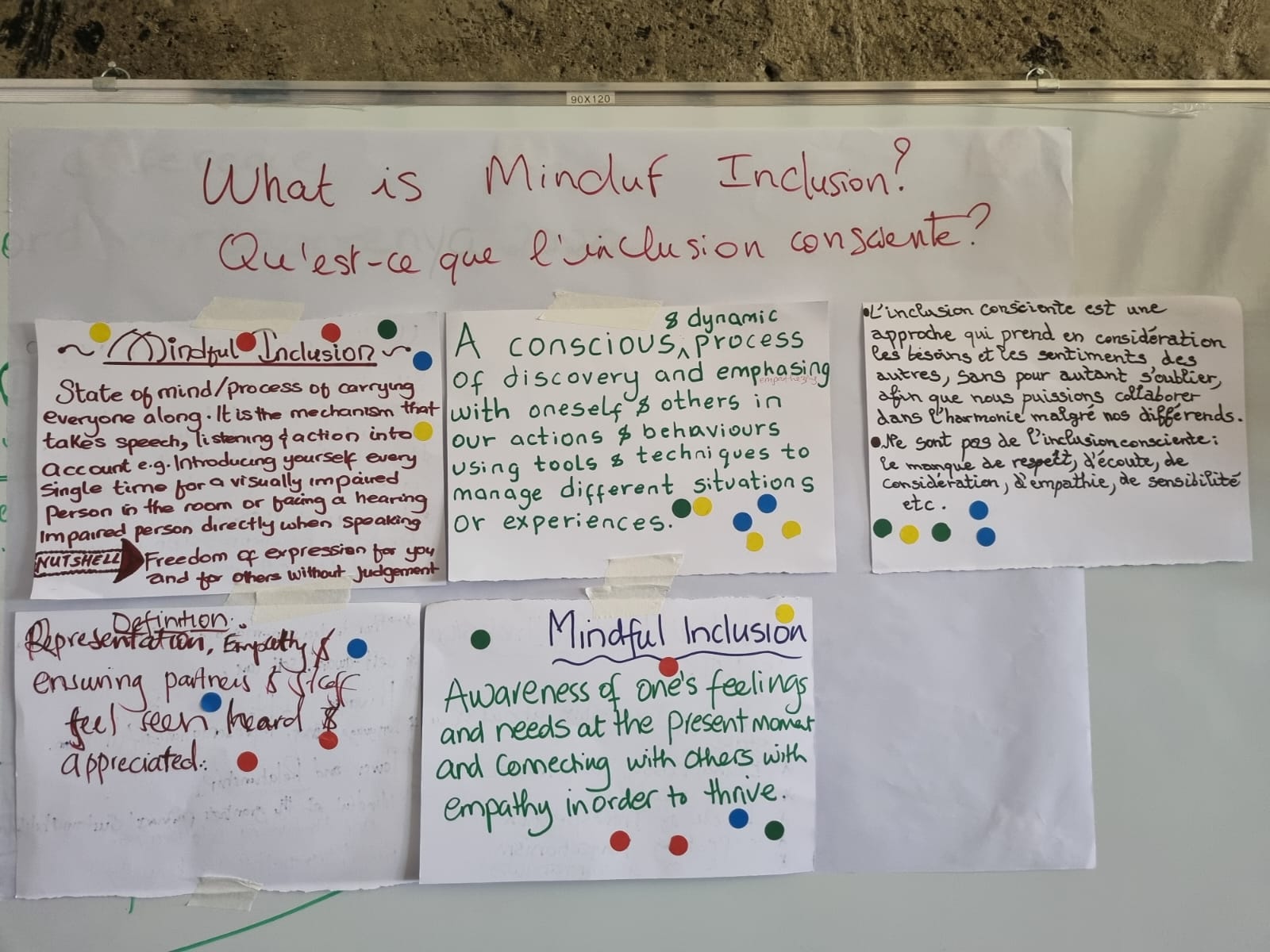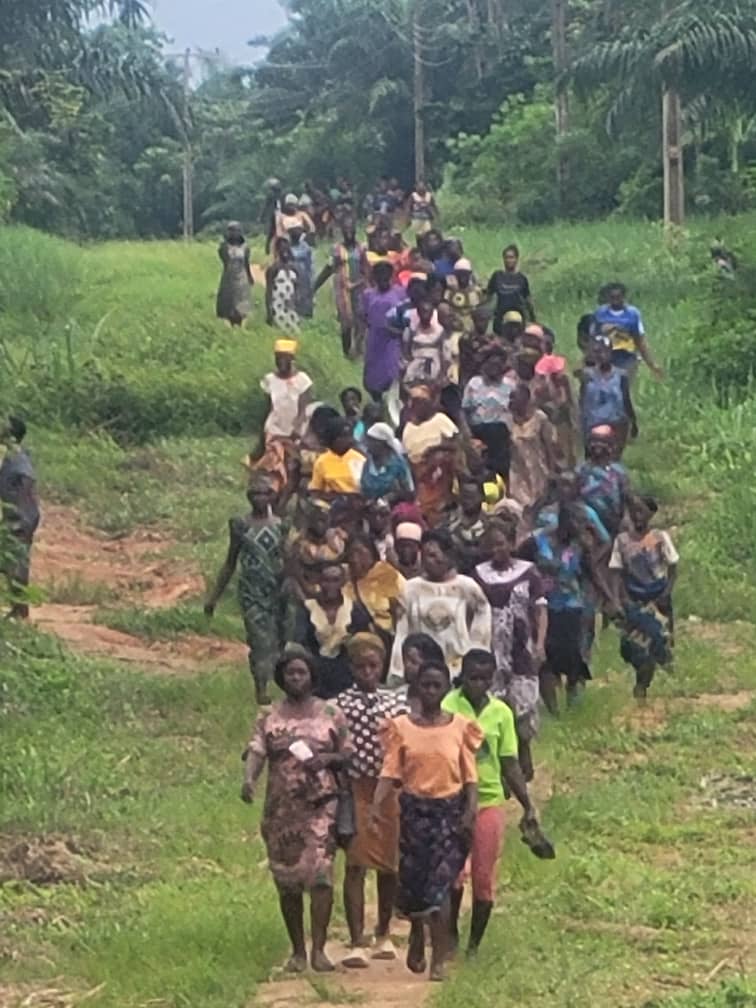Carmelite Prisoners Interest Organisation (CAPIO)
Chika is a 20-year-old lady who was unlawfully arrested in the company of her 21-year-old husband at the instigation of a family member who was not in support of their union. They were detained and charged for kidnapping. She was pregnant. In the custodial centre, Chika faced challenges accessing antenatal care, nutrition, water, sanitation and hygiene. Her son ‘Emeka’ was born in a prison cell. The materials required for the birth and other post-birth needs were provided by CAPIO and other well-meaning individuals and organizations. Like Chika, female inmates across Nigeria lack access to clean toilets, flowing water and sanitary pads. When they have children, they rely on the goodwill of others to feed and cater to their needs. These are some of the challenges that prompted Carmelite Prisoners Interest Organisation (CAPIO) to develop and implement the Advancing Human Rights for Women Prisoners Project. A project that promoted respect for the dignity and human rights of women prisoners in Nigeria. CAPIO developed several project interventions that influenced the awareness attitudes and behaviours of prison staff and other relevant stakeholders towards the women prison inmates.
The interventions focused on achieving two strategic goals: To persuade relevant authorities to adopt and sustain gender-sensitive principles in correctional service in Nigeria and To facilitate improvement of detention conditions for women prisoners via demanding accountability from duty bearers and providing necessary material and technical support where appropriate. Peculiar to achieving these goals was the development of a gender-sensitive manual that has been adopted by the Nigerian Correctional Service as a training tool to improve its staff capacity on the use of the gender-sensitive approach in the treatment of female prisoners in Nigeria.
Due to restricted access in the correctional centres and the peculiarity of the rightsholders that CAPIO works with (female prison inmates), we are unable to capture and share personal stories from our rightsholders. However, the project achieved several remarkable results, some of which include the following:
- We got a concrete commitment from the Nigerian Correctional Service to promote the Human Rights of Women inmates in Nigeria via revising the extant law to include provisions legalising the detention of women in special facilities for women alone. Before now, men and women were locked up within the same facilities but in different quarters. Hence, this policy change is a big leap from where things were. Although this provision is not fully implemented, it has left a legal framework for further government actions and advocacy efforts. From the inception of the project, up to 2 new custodial centres have been designated female custodial centres, increasing the national total to three.
- Human Rights training for officers and men of the Nigerian Correctional Service has received a boost with the new gender course. Officers now learn about women, their needs and human rights. This is part of a long-term advocacy action that is sensitizing future leaders in the Nigerian Correctional Service about progressive reforms needed in the sector. It is also informing some operational changes in how female inmates in Nigeria are handled.
- The gender-sensitive manual has been mainstreamed in the training curriculum of the Nigerian Correctional Services. Correctional Officers in training (at different levels) now undergo compulsory training that teaches the use of the gender-sensitive approach in the treatment of female prisoners in Nigeria.
In the midst of these achievements, we are continuing to work to sustain advocacy efforts for the implementation of the Correctional Service Act (2019). The Act provides for special care of women and children in custody. Persuading the government to do the barest minimum required by this legislation will set the pace for a gender sensitive custodial centre in Nigeria.








